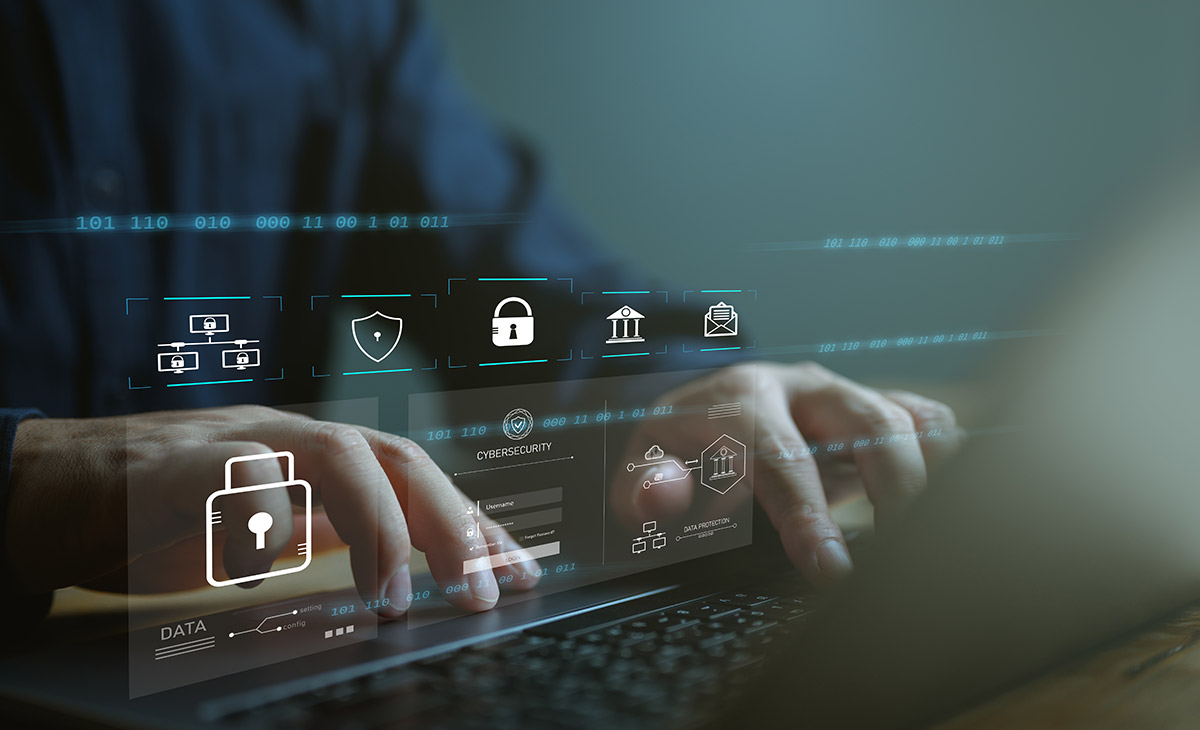
Identity theft is running rampant in our country and thieves are finding new methods to acquire information on a daily bases The following is our Comprehensive Introduction Guide to Safeguarding Your Identity and Recovery:
In today’s digital age, where personal information is stored and exchanged online, the risk of identity theft and fraud is ever-present. Identity theft occurs when someone wrongfully acquires and uses another person’s personal information. Many types of identity theft span a broad spectrum, encompassing personal, business, social security, minors and medical realms. These criminals can capture Social Security numbers, credit card details, or bank account information, and more for fraudulent purposes. These malicious activities can extend to a total capture of an individual’s entire identity, leading to severe financial, legal, and health repercussions. This article will outline some of the nuances of identity theft, the common methods employed by fraudsters, effective prevention strategies, and steps to take in the unfortunate event of identity theft.
Understanding Identity Theft
Identity theft can manifest in various forms, ranging from financial fraud to medical identity theft. Cybercriminals employ sophisticated techniques to gain access to sensitive information, and once acquired, they can wreak havoc on victims’ lives. Financial identity theft involves the unauthorized use of someone’s financial information for fraudulent transactions, while medical identity theft occurs when an individual’s personal information is used to obtain medical services, prescription drugs, or file false insurance claims.
Common Methods of Identity Theft
- Phishing Attacks: Fraudsters often use phishing emails or messages to trick individuals into providing personal information. These messages may appear to be from legitimate sources, such as banks or government agencies, and prompt recipients to click on malicious links or provide sensitive information.
- Data Breaches: Large-scale data breaches occur when cybercriminals infiltrate organizations to access databases containing vast amounts of personal information. Once obtained, this data can be sold on the dark web or used for various fraudulent activities.
- Skimming Devices: Criminals may use skimming devices on ATMs or point-of-sale terminals to capture credit or debit card information. These devices discreetly collect data from unsuspecting individuals, leading to unauthorized transactions.

Prevention Strategies
- Secure Password Practices: Use strong, unique passwords for each online account and update them regularly. Enable multi-factor authentication whenever possible to add an extra layer of security.
- Beware of Phishing Attempts: Be cautious of unsolicited emails, messages, or phone calls requesting personal information. Verify the legitimacy of the communication by contacting the organization directly through official channels.
- Monitor Financial Statements: Regularly review bank and credit card statements for unauthorized transactions. Report any discrepancies to the financial institution immediately.
- Secure Your Devices: Install reputable antivirus software, keep operating systems and applications up-to-date, and use a firewall to protect against malware and other online threats.
- Limit Information Sharing: Be mindful of the information you share on social media and other online platforms. Avoid sharing sensitive details, such as your full address or financial information, publicly.
Steps to Recovery
- Contact Law Enforcement: Report the identity theft to your local police department. Obtain a copy of the police report, as it may be required when dealing with financial institutions and credit bureaus.
- Notify Credit Bureaus: Place a fraud alert or freeze on your credit reports with major credit bureaus – Equifax, Experian, and TransUnion. This alert notifies potential creditors that you may be a victim of identity theft and prompts them to verify your identity before extending credit. Include children under 18 years of age, as they can also be victimized for a long period of time, not discovered until 18 and applying for credit or college.
- Close Compromised Accounts: Contact the financial institutions where you have accounts that may have been affected by the identity theft. Close compromised accounts and open new ones with enhanced security features.
- Monitor Your Credit: Regularly monitor your credit reports for any suspicious activity, be sure to look at “Hard” inquiries. Many credit monitoring services offer real-time alerts for changes to your credit profile. Also you are entitled to a free report from each bureau once a year from each CRA (Credit reporting Agency)
- Work with Financial Institutions: Collaborate with your bank and credit card companies to resolve any fraudulent transactions. They may investigate and, in some cases, reimburse you for unauthorized charges.
- Medical Theft: Among the various forms of identity theft, medical identity theft poses unique challenges and dangers. In this malicious practice, perpetrators fraudulently use an individual’s medical information, which includes insurance details and treatment history. The consequences can be severe, ranging from unauthorized medical services and prescriptions to undergoing procedures that can compromise the victim’s health and well-being.
- Signup with government websites: Be sure to opt out of prescreening and add to do not call list.
Conclusion
Identity theft is a pervasive and ever-evolving threat, but with vigilance and proactive measures, you can significantly reduce your risk of falling victim to this crime. By understanding common methods employed by fraudsters, implementing robust prevention strategies, and knowing the steps to take in the aftermath of identity theft, you can safeguard your personal information and mitigate the potential impact of this pervasive and damaging crime. Remember, staying informed and adopting best practices via online security is the first line of defense against identity theft. There are steps beyond the above measures you may want to explore, or perhaps you may find these measures overwhelming, we here at Satellite Investigations are available to assist.


